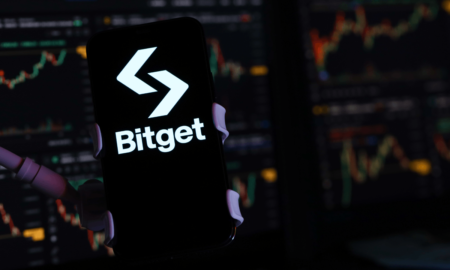Charles Hoskinson, the co-founder of Cardano, recently expressed his concern that AI models are losing their utility due to AI censorship. AI censorship involves using machine learning algorithms to automatically filter objectionable, harmful, or sensitive content. This approach is often used by governments and Big Tech companies to shape public opinion by promoting certain viewpoints and restricting others. Hoskinson believes that the concept of gatekeeping and censoring AI models, especially the more powerful ones, is becoming a significant issue with profound implications.
To illustrate his point, Hoskinson shared screenshots of responses from OpenAI’s ChatGPT and Anthropic’s Claude, two top AI chatbots. He asked both chatbots to provide information on how to build a Farnsworth fusor. While ChatGPT listed the process and components needed, it also warned about the complexity and potential dangers involved in building the device. On the other hand, Claude refused to provide instructions on building the Farnsworth fusor, citing potential danger if mishandled.
Hoskinson emphasized the impact of AI censorship on knowledge accessibility, particularly for children. He highlighted that decisions made by a small group of people who cannot be voted out of office could restrict access to certain knowledge. The comment section of his post was filled with agreement from others who shared his views. Many highlighted the centralization of AI training data and stressed the need for open source and decentralized AI models to combat the issue.
In conclusion, the concerns raised by Charles Hoskinson about AI censorship and its impact on the utility of AI models are valid. The practice of censoring and restricting AI models based on certain perspectives poses significant challenges, especially in terms of limiting access to knowledge. As AI continues to play a crucial role in various industries, it is essential to address these issues and promote the development of decentralized and open source AI models. By advocating for transparency and inclusivity in AI development, we can ensure that AI technology remains beneficial and accessible to all.



















